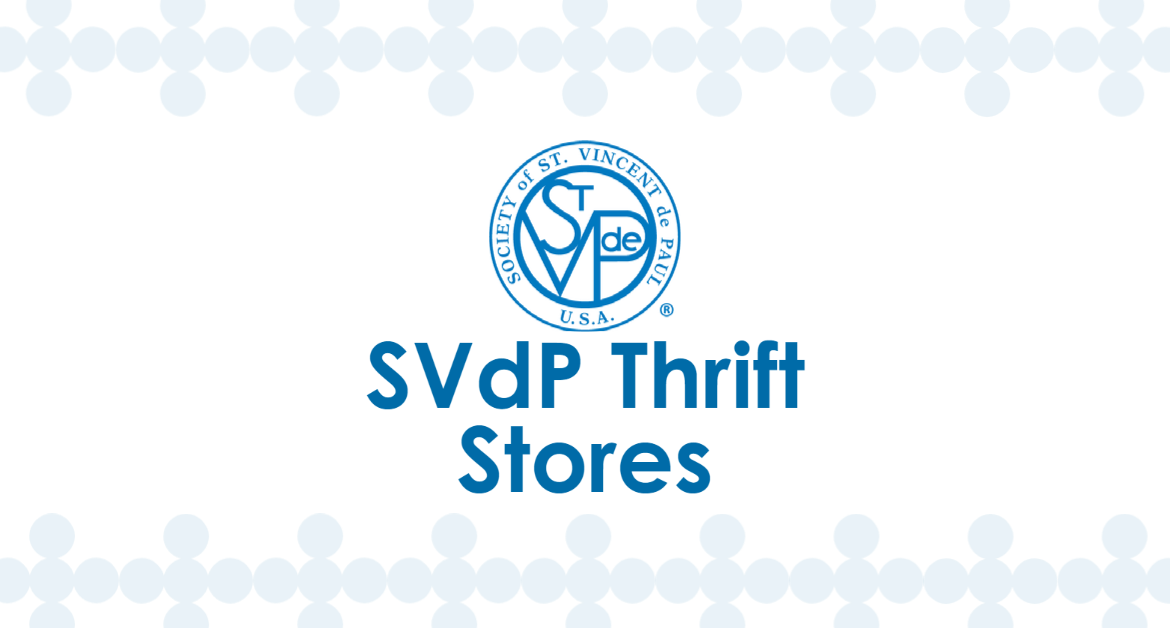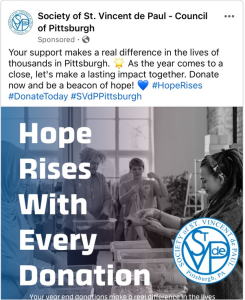Q: Resolution 114 says that a Conference can be “suspended” and mentions an appeal process. But I’m not finding anything that tells us what needs to be done to suspend a Conference. For example, if a Conference refused to give us annual financial reports, according to Resolution 114, they can be suspended. But who tells them? Is it a local decision (e.g., Archdiocesan Council)? Does it have to be in writing, etc.? Guidance? Where do I find this information?
A: Only the National President may suspend a member or a Conference. Here’s the process. The Council must submit a letter to the National Vice President for the region showing the specifics of why the Conference should be suspended/dissolved. This letter must also include everything that was done to correct the situation. If convinced the information is sufficient, the National Vice President will submit the suspension request to the National President. If the National Vice President or the National President is not satisfied with the information given, he/she will advise the next steps. If the National Vice President does not feel that the information is sufficient and refuses to forward to the National President, the Council may appeal directly to the National President.
Q: Our store has been up and running successfully for a while. We now are getting a large number of “walk-in” friends in need. We have hired a current Vincentian who is experienced with the Home Visit process as an intake coordinator. We will continue to use the Home Visit process, but will have the coordinator do intake documentation, refer to other sources of help, coordinate volunteers for Home Visits, and handle immediate service for basic human needs emergencies.
We would greatly appreciate any documentation on position descriptions, words of wisdom, or other guidelines to get started with this process.
A: Here are some considerations:
- You are hiring a Vincentian to be the intake coordinator, which means this individual will not be eligible for a role as an officer of the Conference. Paid staff are not allowed to be officers. This person can still be a member, but not an officer.
- The interview and decisions for assistance should be done by two Vincentians, with someone working with the intake coordinator during interviews to decide what basic assistance should be provided.
- There is no national documentation such as a job description describing an intake coordinator.
ESPAÑOL
P: La Resolución 114 dice que una Conferencia puede ser “suspendida” y habla de un proceso de apelación. Pero no encuentro nada que nos diga lo que hay que hacer para suspender una Conferencia. Por ejemplo, si una Conferencia se niega a presentarnos informes financieros anuales, de acuerdo con la Resolución 114 puede ser suspendida. Pero ¿quién se lo dice? ¿Es una decisión local (por ejemplo, el Consejo Arquidiocesano)? ¿Tiene que ser por escrito, etc.? ¿Orientación? ¿Dónde puedo encontrar esta información?
R: El Consejo debe presentar una carta al Vicepresidente Nacional de la Región en la que se indiquen los detalles de por qué la Conferencia debe suspenderse o disolverse. Esta carta también debe incluir todo lo que se hizo para corregir la situación. El Vicepresidente Nacional, si está convencido de que la información es suficiente, presentará la solicitud de suspensión al Presidente Nacional. Si el Vicepresidente Nacional o el Presidente Nacional no están satisfechos con la información proporcionada, aconsejarán los próximos pasos. Si el Vicepresidente Nacional considera que la información no es suficiente y se niega a transmitirla al Presidente Nacional, el Consejo puede apelar directamente al Presidente Nacional. Sólo el Presidente Nacional puede suspender a un miembro o a una Conferencia.
P: Nuestra tienda estuvo funcionando con éxito durante un tiempo. Ahora estamos recibiendo un gran número de prójimos que necesitan ayuda “sin cita previa”. Hemos contratado a uno de nuestros Vicentinos actuales, que tiene experiencia en el proceso de Visitas Domiciliarias, como “coordinador de admisión”. Continuaremos usando el proceso de Visitas Domiciliarias, pero haremos que el coordinador haga la documentación de admisión, refiera a otras fuentes de ayuda, coordine a los voluntarios para las visitas domiciliarias y maneje el servicio inmediato para emergencias de necesidades humanas básicas.
Agradeceríamos mucho cualquier documentación sobre descripciones de puestos, palabras de sabiduría u otras pautas para comenzar con este proceso.
R: Estas son algunas consideraciones:
- ¿Está contratando a un Vicentino para que sea el coordinador de admisión? Esto significa que esa persona no podrá desempeñar el cargo de miembro de la Mesa Directiva de la Conferencia. El personal remunerado no puede ser funcionario. Esta persona puede seguir siendo miembro, pero no funcionario.
- La entrevista y las decisiones de asistencia deben ser realizadas por dos Vicentinos, con alguien que trabaje con el coordinador de admisión durante las entrevistas para decidir qué asistencia básica se brindará.
- No existe documentación nacional, como una descripción del puesto de trabajo que describa a un coordinador de documentación de admisión.



 For our Mattress ad in Pittsburgh, we targeted: 10-mile radius from each store,
For our Mattress ad in Pittsburgh, we targeted: 10-mile radius from each store, For the store’s ad, we targeted specific zip codes around each store.
For the store’s ad, we targeted specific zip codes around each store.
